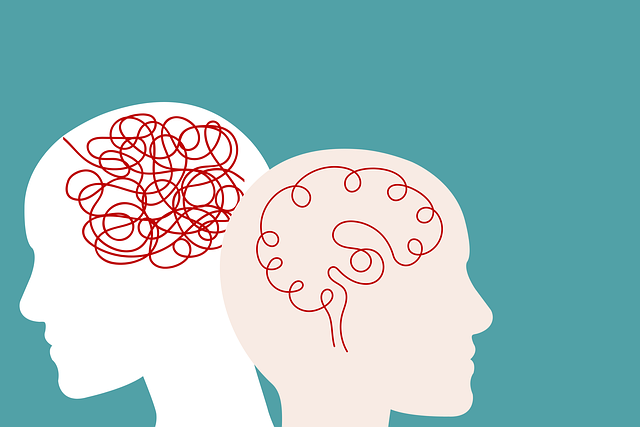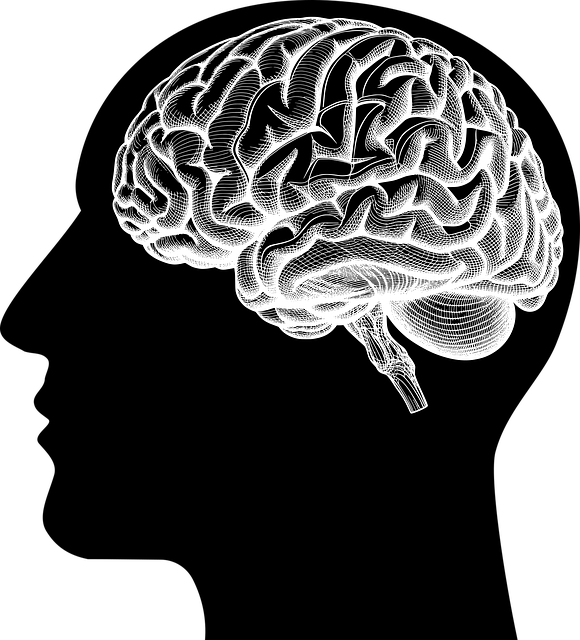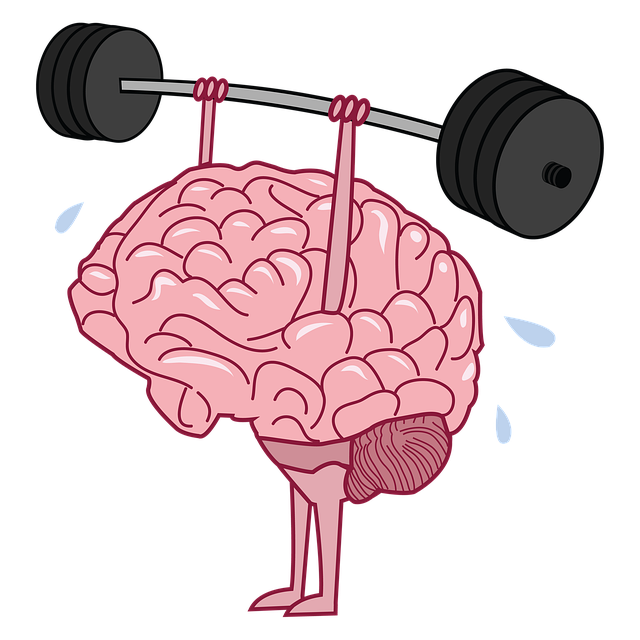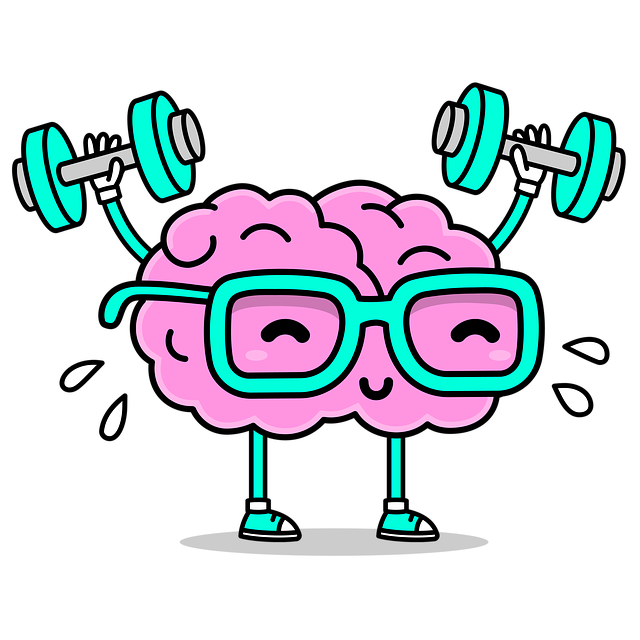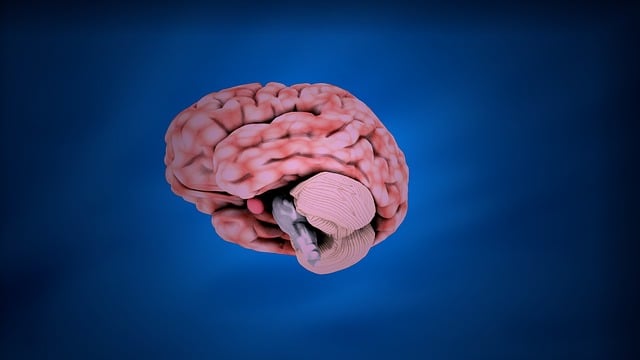Lafayette First Responders Therapy is a specialized program addressing depression and stress in law enforcement, firefighters, and paramedics. They focus on early identification, using evidence-based techniques like compassion cultivation and lifestyle changes to build resilience. Through public awareness campaigns, cultural competency training, and empathy-building exercises, they aim to reduce stigma, foster support networks, and enhance overall well-being for at-risk individuals in the community.
Depression is a prevalent and serious mental health challenge, affecting millions worldwide. Recognizing its signs and symptoms is the first step towards prevention. This article explores a comprehensive approach to combating depression, including innovative strategies like Lafayette First Responders Therapy, which specializes in tailored treatment plans. We also delve into lifestyle changes, emphasizing the impact of diet, exercise, and sleep on mental health. Additionally, building a robust support network is highlighted as a powerful tool for preventing and managing depression.
- Understanding Depression: Recognizing Signs and Symptoms
- Lafayette First Responders Therapy: A Specialized Approach
- Lifestyle Changes for Improved Mental Health
- Building a Support Network: The Power of Connection
Understanding Depression: Recognizing Signs and Symptoms

Depression is a complex mental health disorder that affects millions worldwide. Recognizing its signs and symptoms early on is crucial for effective prevention and treatment. According to Lafayette First Responders Therapy, depression often presents as persistent feelings of sadness, hopelessness, or loss of interest in activities once enjoyed. Individuals experiencing depressive episodes may exhibit changes in appetite, sleep patterns, energy levels, and concentration abilities. They might also engage in self-isolating behaviors or show increased irritability and anxiety.
The role of compassion cultivation practices, empathy-building strategies, and crisis intervention guidance is significant in depression prevention. By fostering understanding and connection, these methods promote resilience against adverse emotional experiences. Lafayette First Responders Therapy advocates for open conversations about mental health to reduce stigma and encourage individuals to seek support early on, ensuring better overall well-being.
Lafayette First Responders Therapy: A Specialized Approach

Lafayette First Responders Therapy offers a specialized approach to depression prevention, focusing on individuals who have experienced traumatic events or are in high-stress professions. This therapy is designed to help first responders—including law enforcement officers, firefighters, and paramedics—develop effective coping mechanisms and enhance their emotional resilience. By addressing the unique challenges faced by these professionals, such as exposure to trauma and high-pressure situations, Lafayette First Responders Therapy aims to reduce stress levels and improve overall well-being.
Incorporating evidence-based practices like compassion cultivation and emotional regulation techniques, this specialized therapy equips first responders with tools to manage their mental health proactively. Through a supportive environment, participants learn to navigate the complexities of their roles while cultivating self-compassion and developing healthier ways to process emotions. By integrating stress reduction methods tailored to their needs, Lafayette First Responders Therapy empowers individuals to prevent depression and maintain a sense of balance in their lives.
Lifestyle Changes for Improved Mental Health

In the pursuit of depression prevention, lifestyle changes play a pivotal role in fostering mental well-being. Simple yet powerful adjustments can significantly impact an individual’s resilience against depressive episodes. For instance, regular physical exercise has been scientifically linked to improved mood and reduced symptoms of depression. Incorporating daily movement, whether it’s a brisk walk in the neighborhood or joining a yoga class, can be a proactive step towards better mental health. Furthermore, prioritizing quality sleep and maintaining a balanced diet are essential components of this lifestyle overhaul, as they affect neurotransmitters and overall brain chemistry.
In communities like Lafayette, First Responders Therapy initiatives have emerged to address the unique challenges faced by these individuals. By integrating healthcare provider cultural competency training and public awareness campaigns development, there’s a growing emphasis on recognizing and supporting mental health in at-risk populations. Emotional intelligence, too, is being recognized as a crucial tool for prevention, helping individuals understand and manage their emotions effectively. These comprehensive approaches aim to create a supportive environment where people can access resources tailored to their needs, ultimately reducing the burden of depression.
Building a Support Network: The Power of Connection

Building a strong support network is an essential aspect of depression prevention. In Lafayette, First Responders Therapy plays a vital role in this regard, offering specialized services to those dealing with mental health challenges. Connecting with like-minded individuals who understand and empathize can significantly impact one’s well-being. Public awareness campaigns development focused on breaking the stigma surrounding mental health issues is a powerful tool that encourages people to reach out for help without fear of judgment.
Empathy building strategies, such as active listening and open communication, foster a sense of belonging and support. Additionally, maintaining a Mental Wellness Journaling Exercise can be an effective way to process emotions, track progress, and identify triggers. These practices, combined with professional guidance from Lafayette First Responders Therapy, create a robust foundation for mental resilience and overall well-being.
Preventing depression is a multifaceted approach that can significantly improve overall well-being. By understanding the signs and symptoms, seeking specialized therapy like Lafayette First Responders Therapy, adopting healthy lifestyle changes, and building a strong support network, individuals can effectively navigate mental health challenges. Integrating these strategies into daily life empowers folks to foster resilience and maintain a positive mindset, ultimately enhancing their ability to thrive.


